 Many of you may not know who I am, but I am one of those character actors that generally has a few scenes here and there and often appear on YouTube, in independent films, and recently on UpTV or PureFlix. With the pandemic, 2020 was a rough year for most actors and I was not the exception. I decided to just double down on my own creative projects first by producing my own kids animated series called Kindly Kenney and then by writing my first novel, Jon Bragg Blue Essence, a Norse myth. I had always wanted to attempt a novel but was either busy with the usual audition grind or working on other projects that totally consumed me. With all of that on hold due to the pandemic, time opened up for me to pursue writing a novel. With that, I decided to go for it. Then I immediately thought to myself, great, now what? How do I get started? How should I organize myself? So I went with what I knew and thought of it like a television script.
Many of you may not know who I am, but I am one of those character actors that generally has a few scenes here and there and often appear on YouTube, in independent films, and recently on UpTV or PureFlix. With the pandemic, 2020 was a rough year for most actors and I was not the exception. I decided to just double down on my own creative projects first by producing my own kids animated series called Kindly Kenney and then by writing my first novel, Jon Bragg Blue Essence, a Norse myth. I had always wanted to attempt a novel but was either busy with the usual audition grind or working on other projects that totally consumed me. With all of that on hold due to the pandemic, time opened up for me to pursue writing a novel. With that, I decided to go for it. Then I immediately thought to myself, great, now what? How do I get started? How should I organize myself? So I went with what I knew and thought of it like a television script.
Step 1 – Basic Premise
I decided to brainstorm some ideas that were interesting to me. I am big on fan fiction books so without a doubt I knew that I wanted to create something that could become a series. I am also an avid reader and viewer of anything supernatural (werewolves, vampires, fae or any other super human species). However, I also wanted it to be unique and I wanted to somehow incorporate my love of writing poetry into the concept. I began researching gods or supernatural beings that had ties to poetry and I quickly came across Bragi, son of Oden in Norse mythology. I was immediately hooked on incorporating him as the main character in the book. Then I had to decide the basic time and location where this story was going to unfold. I really prefer modern day settings so that was a given and I have a tendency to love coming of age stories so this was going to be a young descendant of Bragi growing up in the Midwest which happens to be where I grew up. Perfect, now what?
Now that I had the general concept I needed to map out what was going to be happening to this young Bragi at a high level throughout the book. So I decided to think of it like I would a TV script and started describing the scenes. I also knew that I wanted the book to be a minimum of 50,000 words (it finished over 61,000) so I decided to describe as close to 50 scenes as possible so the number of words per scene would not be too daunting. This allowed me to start collecting the characters and all of the things that I was going to need to research to pull off each of the scenes of the book. As I normally would do with a television script I also pulled images from the web to associate with each scene (basically location scouting). Next up , character development.
Step 3 – Character Development
I spent quite a bit of time developing each of the characters that I knew I was going to need to pull off all of the scenes in the book. I went into a fair amount of detail on the history of each character, what made them different, what were their quirks, and why were they important to the story. I utilized several stock photo sites to search for pictures of people that I though represented each character and added those to their files so I would be able to vividly describe each of them. I really think this is an important step in the writing process because armed with pictures of the sets and of the characters I had a clear picture in my mind of at least those elements of the story.
Step 4 – Write the Dialogue
So this is where my experience with writing a novel is probably different than most authors. Instead of just sitting down and writing the story, I decided that I would write it exactly like a TV show and make everything dialogue between the characters with a little bit of setup and instructions for the actors. This made the process much clearer for me and I was able to write it at a fairly good pace completing a minimum of 3,000 words a day (so really three scenes a day). I found that if I wrote more than that the scenes started to suffer a bit and weren’t as descriptive or interesting as I wanted them to be. I do have to admit that this makes life much more difficult for editors because as we all knew we needed to rewrite all of this dialogue into a narrative. However, I wanted to focus on the story and this was the most natural way for me to do that.
Step 5 – Turn My Script Into a Book
After completing around 53,000 words, I decided it was time to have an editor take a pass at this story and give me their thoughts on how and where it was going. When the first edit came back, some plot holes were identified, and I created several more scenes to fill those holes. I was also told that I needed to reduce the dialogue significantly and turn everything into more of a narrative (as expected). Thankfully, the editor I used was able to point me in the right direction and assist significantly with that transformation. We did several rounds of editing that eventually resulted in a final version of the book where my script was fully transformed into a novel.
I’m not really sure if this is a strategy that I would recommend to most authors unless they happened to have been writing scripts for TV shows or features, but it definitely was a good strategy at least for my first book and it is likely similar to what I will do for the next two installments in the Jon Bragg series. The main point I hope readers get from this article is to figure out the best path for you to be able to write a complete novel. I think a solid outline and good understanding of what you are trying to accomplish with the book is essential. There is also a certain amount of volume of text that you need to actually make it a book and achieving that can be daunting. Since I broke the book up into scenes it was far more manageable for me and never seemed like a heavy load. Most importantly, by writing it the same way I do TV scripts, it was a comfortable process for me that helped me stay more focused on an interesting story and not bogged down in my own thoughts trying to figure out what to do next. I knew that very early on, all I needed to do was execute the plan which made it much easier.
Get an Editorial Review | Get Amazon Sales & Reviews | Get Edited | Get Beta Readers | Enter the SPR Book Awards | Other Marketing Services


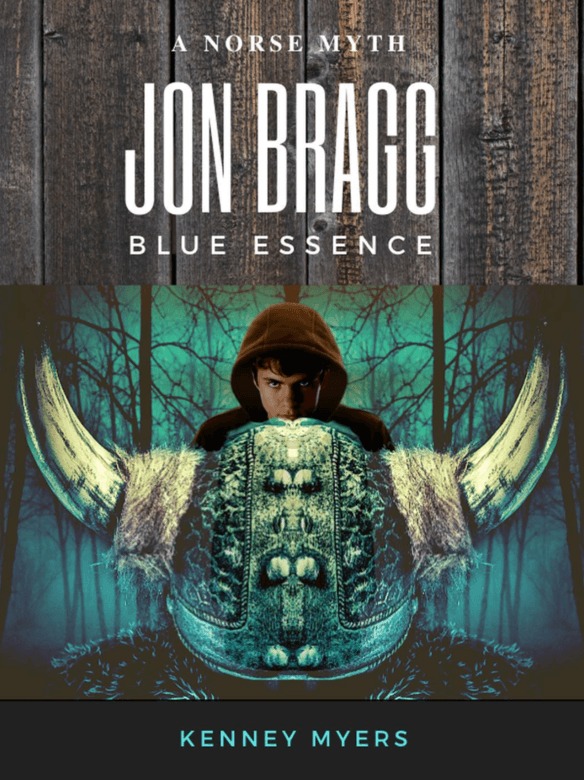
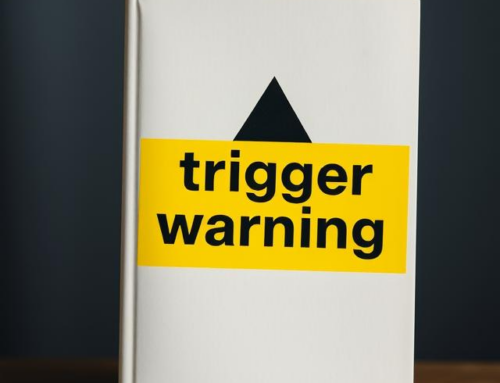

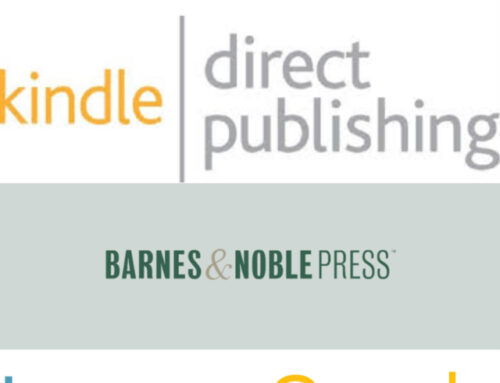



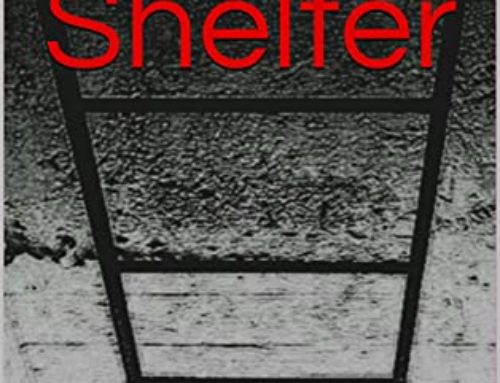
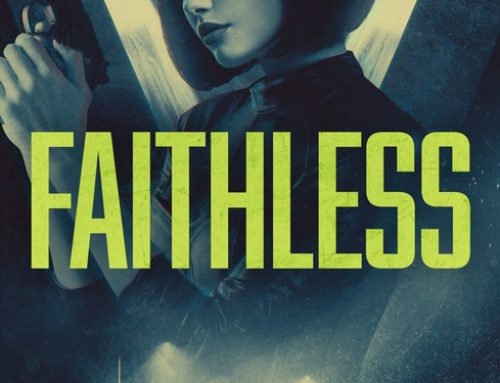

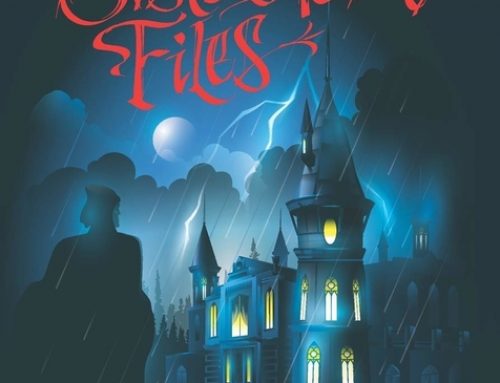



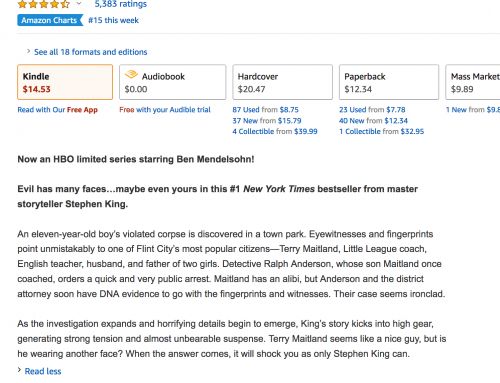



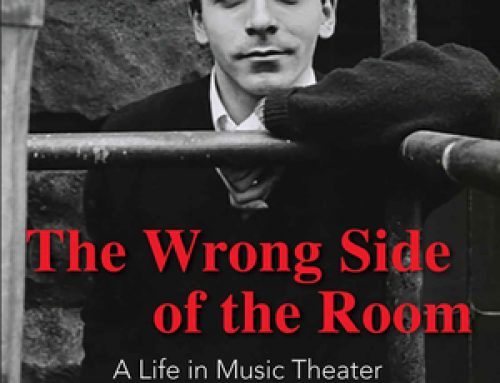


Leave A Comment